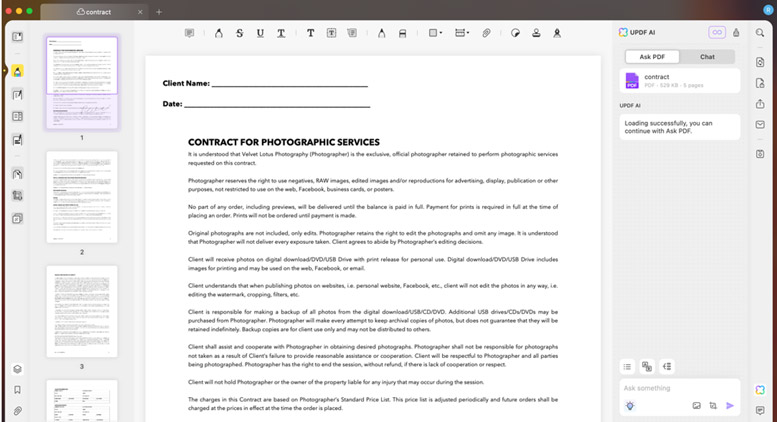MS at open-source conference may cause protest
Opponents claim company is anticompetitive
WASHINGTON — A group of free software advocates plan to protest at a Washington conference designed to promote open source and free software to governments because a representative from Microsoft is scheduled to speak there.
The conference, “Open Source for National and Local eGovernment Programs in the U.S. and EU,” will be March 17 to 19 in Washington, and a Microsoft representative is scheduled to talk about the company’s “shared source” initiative, in which Microsoft shares parts of its source code with some customers. The conference agenda is at
Many free software advocates hold Microsoft up as the champion of anticompetitive marketing and proprietary licensing, in which customers aren’t allowed access to the source code for a piece of software. The free software movement believes users of software should have the right to see the source code and the freedom to make changes to it and share it, and that Microsoft’s shared source initiative is a pale imitation for few privileged customers.
Microsoft didn’t immediately return calls seeking comment on the controversy.
Almost all of the other 124 sessions are focused on open source and free software with representatives of Linux company Red Hat, the open source KDE desktop project and the Free Software Foundation itself on the agenda, but some members of the free software community are organizing a protest and are considering a boycott of the conference. Microsoft’s presence at IDG’sLinuxWorld Conference and Expo last August also drew some complaints from the free software crowd.
The controversy has generated a sometimes heated discussion across a handful of free software-related discussion lists during the past week, with more than 150 e-mails exchanged since Feb. 6. Ruben Safir, president of New York Linux group NYLXS, said in the past few days, about 400 people have contacted him and offered to take part in a protest at the event, but others in the free software community have urged restraint. Even leaders of the Free Software Foundation disagree over what to do about the conference.
At one point Safir accused conference organizer Tony Stanco, associate director of the Cyber Security Policy & Research Institute at George Washington University, of bowing to pressure to include Microsoft in the conference. “Tony’s got to make a decision here — is he representing George Washington University, or does he want to present the views of free software?” Safir asked. “If Microsoft is using its power and influence to get in the conference, then that’s worth investigating.”
But Stanco, also a veteran free software advocate, said in an interview there was no outside pressure to put Microsoft on the agenda. In fact, Stanco met a Microsoft representative at an open source conference in Jordan in December, and Stanco asked Microsoft to be part of the next Washington event.
“These guys aren’t pink with polka dots,” Stanco said of Microsoft employees he’s talked to. “They’re regular people, and they have a different view on the world.”
Stanco’s goal, he said, is to give the government workers attending the conference access to both the Microsoft and open source points of view.
“Reasonable people want to hear both sides, and government people like to think of themselves as reasonable,” Stanco said.
“We are a university that has a responsibility to present all sides of the issue equally. So I would suggest that (the Free Software Foundation) debate, not boycott, and let reasonable people make up their own minds.
“But at any rate, we can’t bow to political pressure to silence one side unilaterally, under any circumstances,” Stanco added. “That would set the wrong precedent by legitimizing censorship at the request of a powerful group. It’s wrong when Microsoft tries to do it, and it is equally wrong when the free software people try to do it.”
The argument has put some heavyweights in the free software and open source communities on different sides of the issue, and highlights the difference between the marketing-friendly attitudes of people in the open source movement and their more zealously philosophical brethren in the older free software movement.
The open source and free software communities take a slightly different approach to advocating that software source code should be available to users. Software distributed under the Free Software Foundation’s GNU General Public License gives users the right to copy, modify and redistribute it, and requires that users make their changes available back to the community, while some open source licenses allow users to keep those changes to themselves. Neither group advocates that software must be free of charge. Some businesses building their own software see the open source licenses as an attractive option for hanging on to their creations.
Bruce Perens, one of the first people to use the term “open source” instead of “free software,” now works with Stanco at the Cyber Security Policy & Research Institute, and suggested during the e-mail debate that the conference could allow a question-and-answer session with Microsoft.
But that offer didn’t go over well with some free software advocates. Richard Stallman, founder of the Free Software Foundation and the father of the free software movement, noted that the conference’s goals describe an open source advocacy event, not an academic conference with balanced viewpoints.
“You can’t do real advocacy by being neutral,” Stallman wrote during the e-mail debate. “That is why there will be a protest. I am against censorship, even of Microsoft, but that doesn’t mean we are invited to let them speak in our events. Microsoft has plenty of platforms to promote its views … It is not entitled to share our platforms too — and conversely, an event that gives Microsoft a platform to pretend that ‘shared source’ is part of our community is not an event that truly supports our community.”
Several others in the e-mail debate called on the protestors to accept the offer for a debate with Microsoft.
“It is my personal belief that showing up at an event, and being a respectful participant, to speak about how our dedication to those principles and how (Microsoft) and others work against them is precisely the way to be vigilant,” wrote Bradley M. Kuhn, executive director of the Free Software Foundation. “Stanco doesn’t run advocacy events anymore. That’s upsetting and disheartening. But it’s reality. Given that reality, we should use these ‘both sides allowed’ events he now does run to get our vigilance across to as many people as we can. If someone gives you a pulpit to spread your beliefs, use it!”
Safir, who’s leading the charge for a protest, said the group will need to be organized and speak with one voice, unlike some free software community protests in the past. “I don’t want to look like we’re a group of disgruntled, disheveled malcontents,” he said. “We will be polite, and we will be persistent, and we will be organized.”




